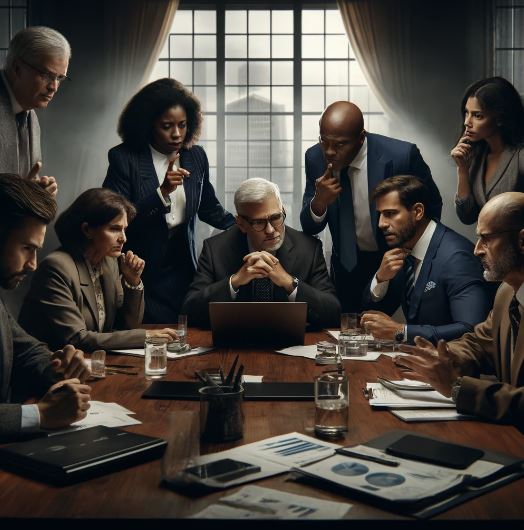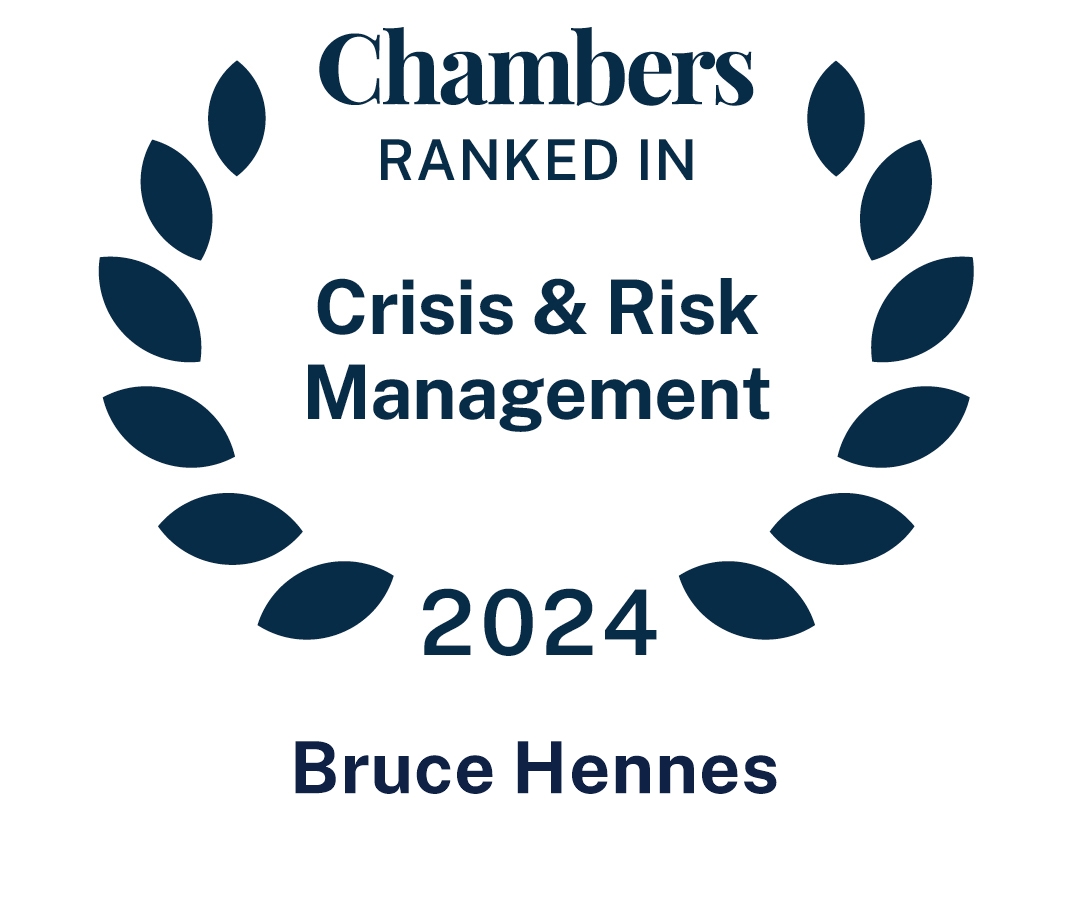


Lawyers Should Not Rewrite Crisis Communications
Introduction by Bruce Hennes, Hennes Communications
Founded in 1989, Hennes Communications initially served as a full-service public relations firm. The landscape shifted dramatically following the 9/11 attacks when we pivoted to crisis communications and crisis management, becoming one of the few North American firms dedicated exclusively to this niche.
Whether introduced by a CEO or another C-suite executive, one of our initial inquiries is always, “Who’s your attorney?” This question underscores the critical importance of legal expertise in our work.
Due to the nature of our practice, I spend a considerable portion of my day interacting with lawyers—whether in client meetings, as a public member of the Cleveland Metropolitan Bar Association, or presenting 40-60 Continuing Legal Education (CLE) seminars annually to state and local bar association, affinity bars, law firms, law schools and bar association leadership academies.
In every seminar taught, I emphasize the paramount importance of clear, swift and transparent communication, especially the necessity of owning up to mistakes with a genuine apology, rather than hiding behind legal jargon. A prime example of poor communication I often cite is United Airlines’ response to the infamous incident involving Dr. David Dao. The CEO’s regret over having to “re-accommodate” passengers was a classic case of legal speak causing further damage to a company’s reputation.
Many lawyers, trained to minimize harm and avoid admissions of guilt, often push for communications that may protect legal standing but can be detrimental to public perception. Michael Skapinker of the Financial Times argues that lawyers should not dictate crisis communications. The protective stance might win a legal battle but lose the crucial war of public trust. According to Keith Ruddock of Royal Dutch Shell, while a company might survive the financial repercussions, a reputational hit could have lasting consequences.
Ultimately, the onus falls on company leaders—be it the CEO, board chair, or mayor—to decide the messaging to stakeholders and the public. We believe that the best outcomes arise when these leaders seek and synthesize advice from both legal and crisis communications experts. This holistic approach ensures the message is timely, appropriately placed and delivered in a manner that best serves both the company’s integrity and its long-term viability.
For the rest of the Financial Times article by Skapinker, click here.

